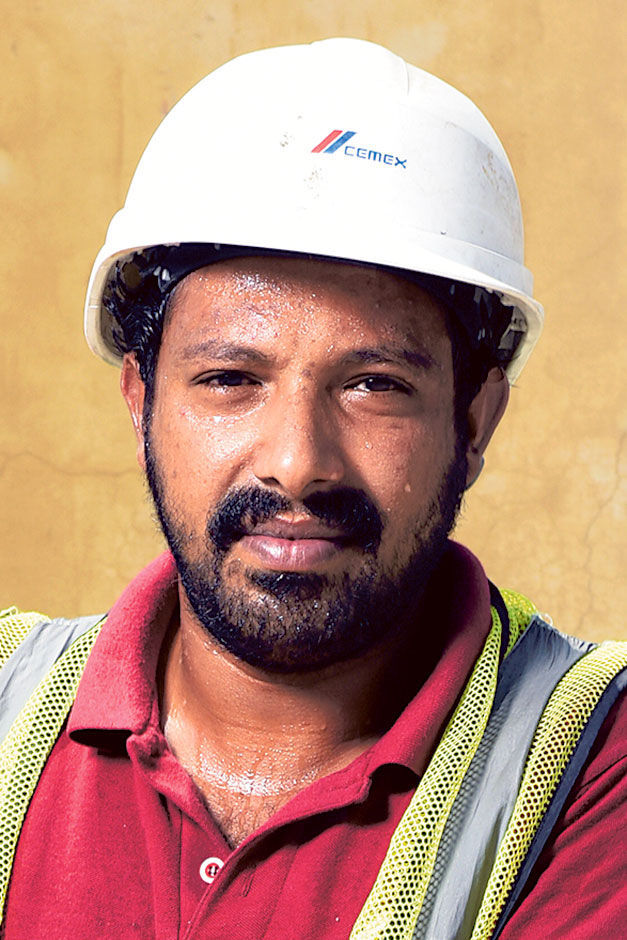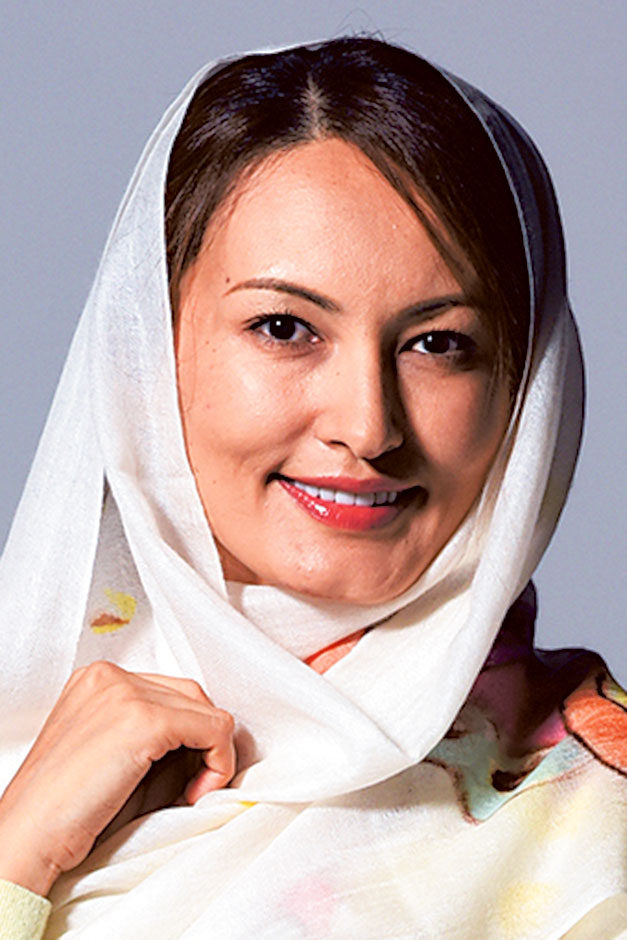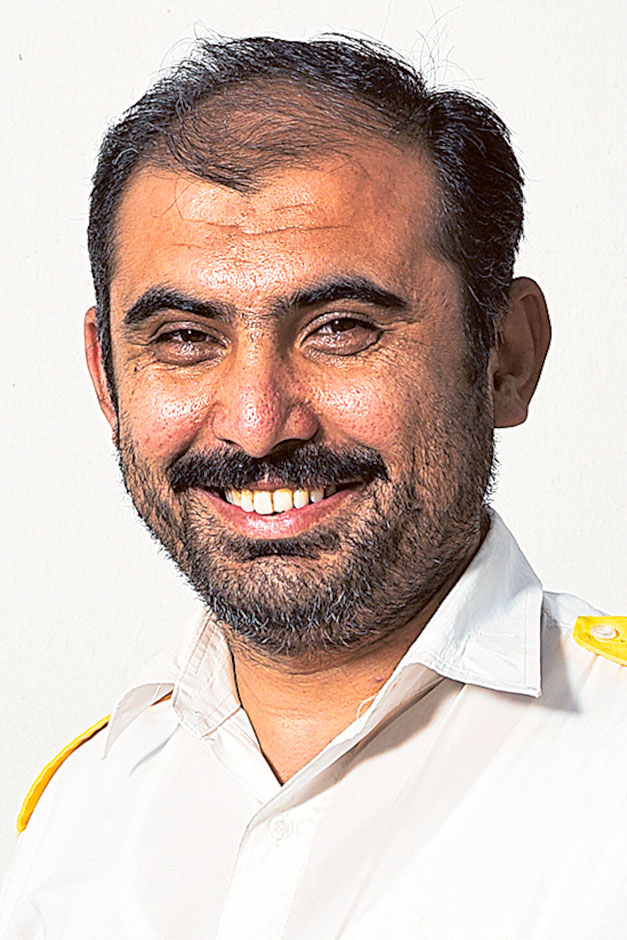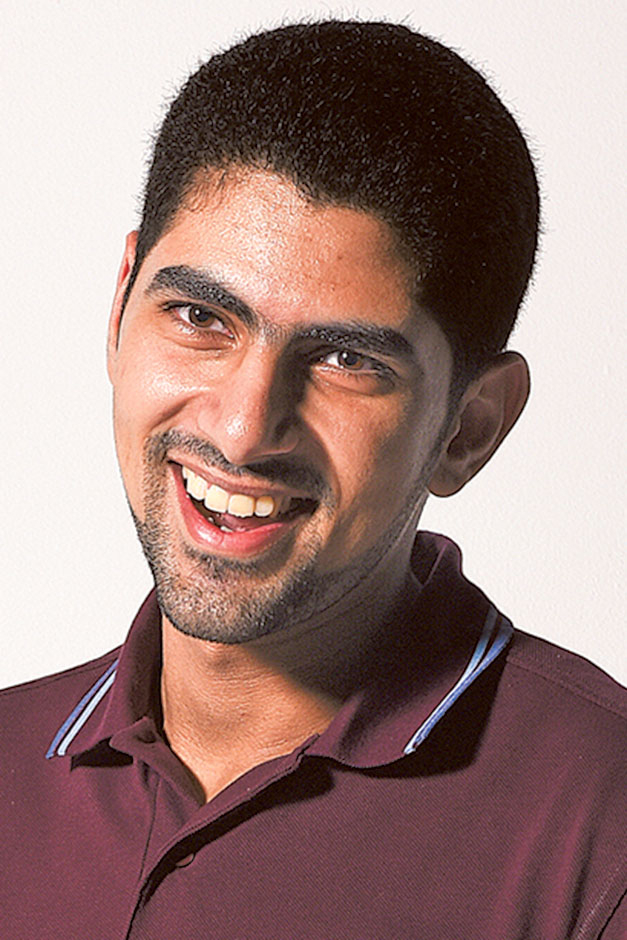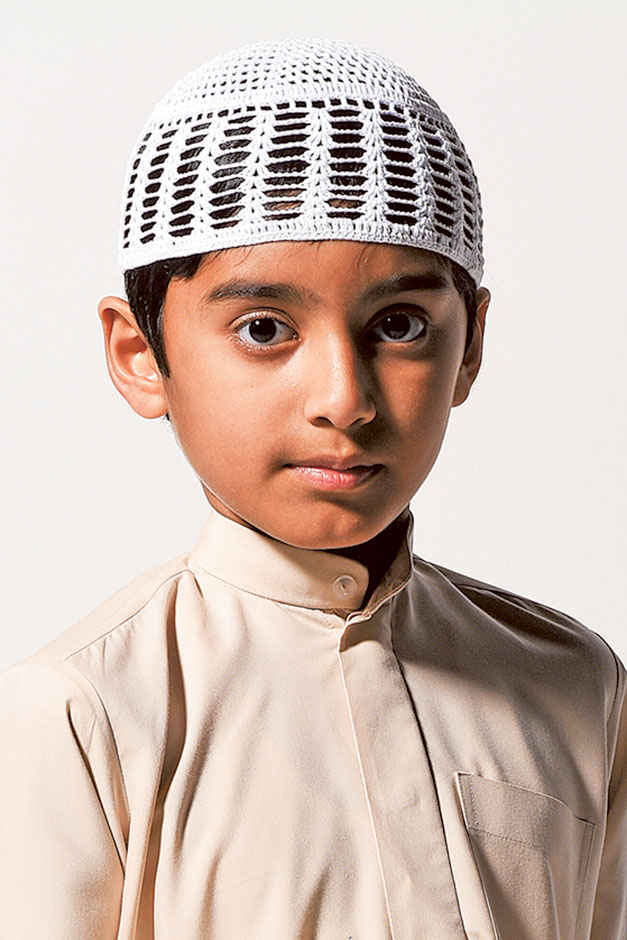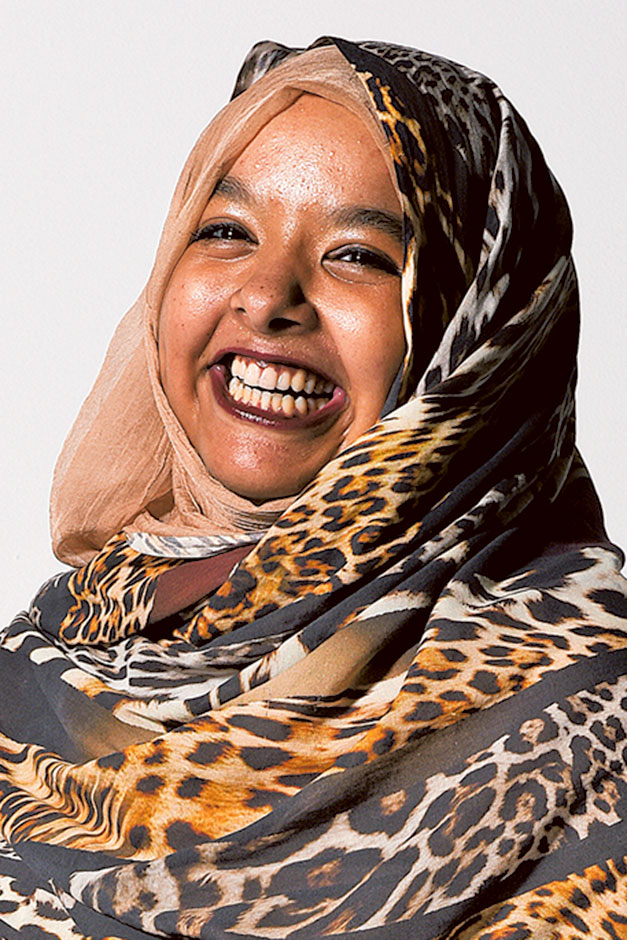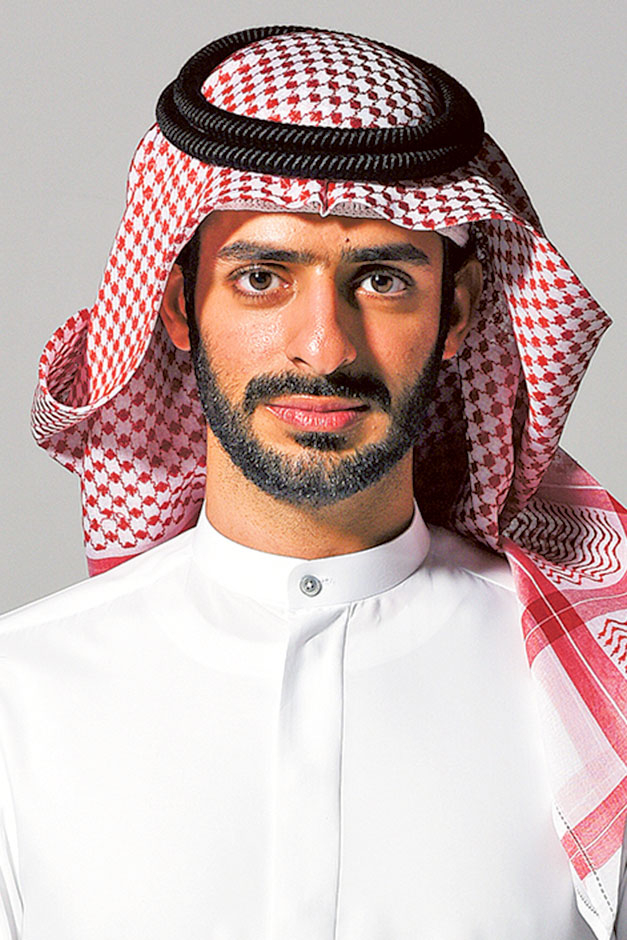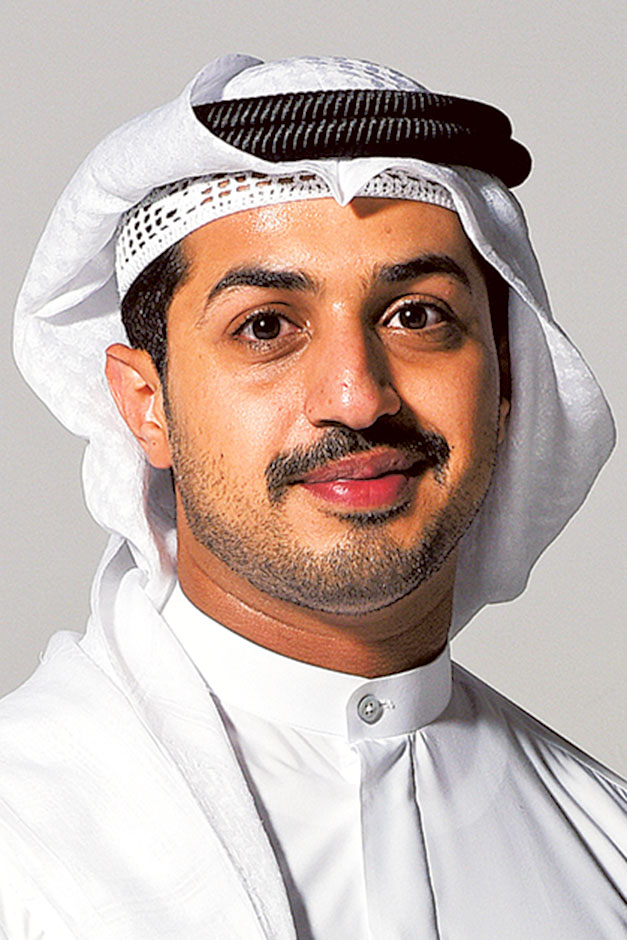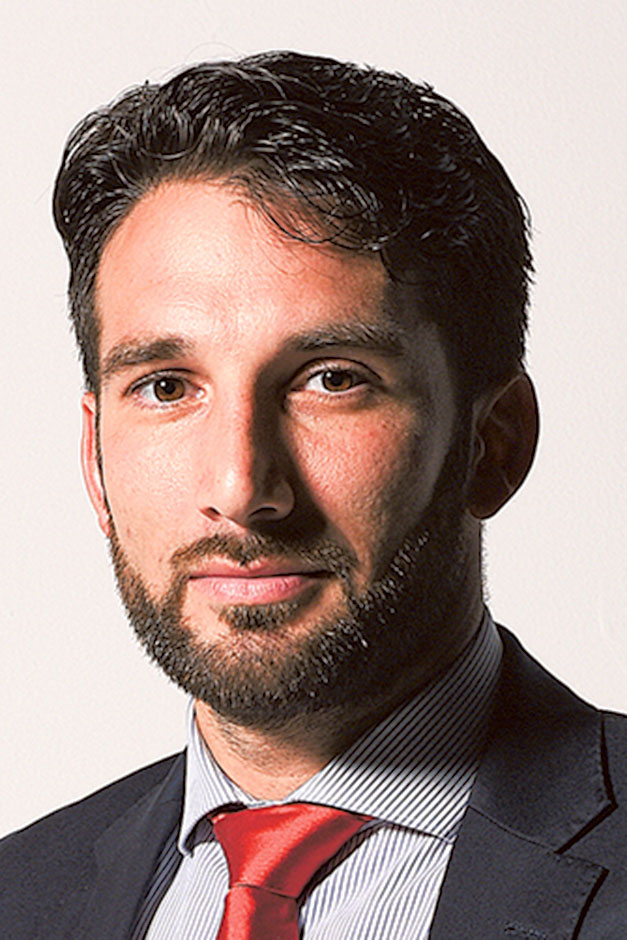With Ramadan drawing to a close, the deeply felt spiritual power of this month of fasting is shared by residents from the diverse UAE community. They reflect on the values that embody the essence of Islam, such as purity, tolerance, willpower, helpfulness, to name just a few, that enable them to observe Ramadan at its deepest level. Every believer, no matter from which nationality or culture, is enriched by these virtues that draw them into the fold of Islam.
Abdullah Bel Jafla, Emirati, 27, jewellery designer
Virtue: Tolerance
I grew up with a strong religious background and understood that being tolerant of others is as important as my other duties as a worshipper. In Islam, we never look at differences, we accept others no matter what their religious background, race, or nationality. Our religious differences are not meant to create barriers between us but are supposed to bond us. Having studied abroad for many years, I have met many diverse people and this made me more tolerant.
Hamad Bin Shaiban, Emirati, 26, managing director
Virtue: Purity
It describes me during the month of Ramadan because during this time of the year, we try to purify out souls and learn how to be patient. Purity is something that God loves and something that we feel as we start to fast and cleanse ourselves. During this month, I try to be as pure as I can with the decisions I make, and I try to fix everything wrong that I have done. It’s a time where I’m doing my best to purify my body spiritually and physically.
Ebrahim Fahim, Indian, 9, Grade 3 student and winner of the Young Preacher of the Nation
Virtue: Guidance
The message of peace and the teachings of Islam are something I want to teach the world about when I grow older. I’ve always watched other Muslim preachers do it and this has inspired me to become a future preacher as well. I want to teach people about my religion and convince them to embrace our beautiful religion. This way, people will be able to benefit from me.
Sylvestre Luquet, 32, French-Italian who embraced Islam 15 years ago, network strategy manager
Virtue: Willpower
Having come from an Italian background, it was difficult for my family to accept my decision to embrace Islam, but I took the decision without allowing anyone to come in my way and stop me from doing what I’m fully convinced of. Since embracing Islam, I made sure I was dedicated enough to improve myself and behave according to its teachings. In both stages of my life, having enough willpower has helped and is still helping me achieve all these important things.
Habeeb Mudavankattil, 32, Indian technician
Virtue: Helpfulness
Helping others is not only about giving others things and doing charity. In Islam, according to the teachings of Prophet Mohammad (PBUH), even meeting your brother with a smiling face and saying a good word to him is considered charity. Helping others and donating is something everyone should do all year round, but in Ramadan more often because the rewards are multiplied. During Ramadan, I make sure I donate enough to help the poor, even though I don’t make enough money. I also donate my clothes instead of throwing them away because others may be in need of them.
Azizgul Sayeem, 34, crew member from China
Virtue: Humbleness
For me, being humble is more like understanding other people and being kind and considerate to others. It’s about not acting superior to others around you and treating people right even if they disagree with you or don’t approve with what you do. I make sure I put people’s needs and feelings before mine and share what I have with others because that’s the way I’ve been raised.
Mohammad Riaz Miani, 31, taxi driver from Pakistan
Virtue: Patience
The month of Ramadan is the month of patience because you have to refrain not only from food and drink, but from getting angry and fighting with people. I get difficult customers sometimes but what I do is that I remind myself that I’m fasting and should refrain from getting angry. Being patient has huge spiritual rewards and is a part of faith. My tip to Muslims fasting is to recite Islamic prayers (thikr) and people should practise silence instead of engaging in arguments. If I get angry, I pour cold water on my head to cool myself down and let the anger within me go.
Ahmad Hammoud, 23, Egyptian student
Virtue: Generosity
In Islam we have zakat, which is basically every Muslim’s duty to give the poor and help those in need. In Ramadan we feel the pain poor people endure and we witness the difficulties they face which it why it is a month that teaches us to give generously. In Islam we learn to be merciful to all regardless of their religion or ethnicity. We learn that God gives the rich so that they can give the poor. In Eid we sacrifice a halal animal to give to the poor and to feed those who cannot afford to buy food. The religion clearly states that individuals who have no mercy on earth will have no mercy in their life after death. Giving is not about quantity, it is giving what is within your reach. You can give by praying for someone or donating.
Zainab Abdul Qadir, 22, Sudanese journalist
Virtue: Morality
I have always been intrigued by philosophical questions, which aren’t the best things to be intrigued by since they are frustratingly unanswerable. It seemed to me that morality is not a default setting installed in humans. Right and wrong or good and bad are concepts we adopted to guide our actions and help us create structure in this morally chaotic world.
So why be morally good at all? What even is good? As a Muslim, I have a clearer understanding of what is good and what is bad because I believe in a Being who is all-good, all-powerful, and all-merciful. I trust that what God tells us is good. When it comes to Ramadan specifically, this belief system applies perfectly. Fasting, being productive despite the thirst and hunger, stepping up our prayer game with Taraweeh and Tahajjud..aren’t exactly the easiest things in the world, but doing them betters us and strengthens our bond with each other.
And it’s not just the physical aspect. Being extra kind, vigilant with the truth, super patient with others, and all in all more productive in Ramadan is largely motivated by a religious moral compass that points to God. It’s the Ramadan spirit that makes this month so special, and that explains why Muslims look forward to it every year.


